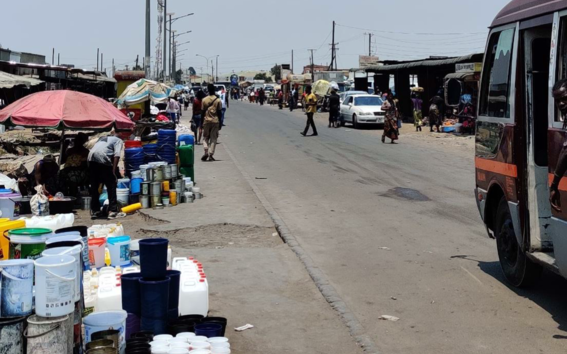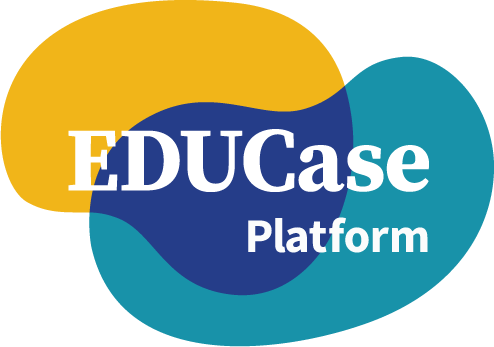Business development in Zambia

In collaboration with the AgriSCALE project, students from different backgrounds from the University of Zambia, Egerton University of Kenya, and Gulu University of Uganda joined forces with Aalto University’s AVP students on the transformative problem-based learning (PBL) challenge. The student challenge assisted Trinity Super Nutrition (TSN), a local startup, in developing their precooked and dehydrated beans product. The endeavor required understanding both the consumers and sellers of beans, leading the students to immerse themselves in the lively Soweto market. The student challenge marked a significant milestone in educational cooperation, as the students were integrating the PBL methodology with the TSN's business model.
Instead of confined data analysis, the students engaged directly with Zambian culture and communities. Navigating through the bustling marketplace, the students conducted field research, aided by their multicultural teams. The diversity in skills and perspectives proved invaluable and transformative, although it also presented challenges, notably in navigating different work styles and hierarchical structures. The collected data was qualitative and primarily based on questionnaires and conversations with the local stakeholders. According to one of the students, "We never could've done this from home," highlighting the irreplaceable value of on-the-ground learning.
While conducting field work and data gathering, the students encountered new perspectives and insights with every interaction fostering an atmosphere of collaboration that transcended cultural boundaries. "We went out there, talked to real people, and learned so much more about the culture than I could've imagined," expressed one of the Aalto students reflecting the sentiment of the group.
Beyond the project, the students embraced Zambia's rich natural landscape, taking a safari excursion during Independence Day festivities. "Exploring the nature of Zambia was something we were all hoping for," expressed the group, recounting encounters with iconic African wildlife.
Toward the end of the field visit, the students found themselves reflecting on the myriad experiences they had accumulated. From navigating the Soweto Market to finalizing proposals and presentations, every moment had been infused with learning and growth. The culmination of their efforts was presented to TSN representatives and academic dignitaries, showcasing proposals for enhanced collaboration and market strategies. According to the students "What made me enthusiastic about this student challenge was the opportunity to create actual impact on environmental and social dimensions via assisting TSN in business development."
The student challenge in Zambia expanded the academic horizons of the students and fostered personal growth and cross-cultural understanding, showing the transformative power of international education initiatives. And as students returned to their institutions, they carried with them the invaluable lessons and experiences that will shape their futures.
More information about available here.
Read more news
Breaking the Darkness: Tackling energy crisis in Lesotho
Lesotho, often called the Kingdom in the Sky due to its high altitude, faces a severe energy crisis, with nearly half of its population lacking access to reliable electricity.
Transforming Interdisciplinary Education: Sustainable Global Technologies (SGT) Across Four Continents
The true impact of our actions often unfolds over time, as demonstrated by the students at the SGT FAIR’24 on May 22. Their work showcased how a single student challenge can drive significant change.
A Global Learning Space: Empowering Students for Responsible Global Engagement
As part of the EDUCase network, the University of Oulu has offered to be the testing ground of a virtual learning initiative that aims to revolutionize virtual learning.
